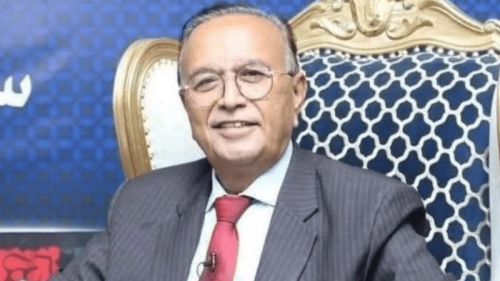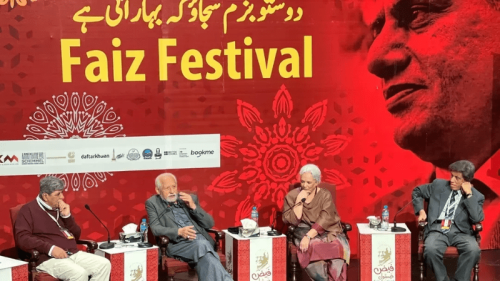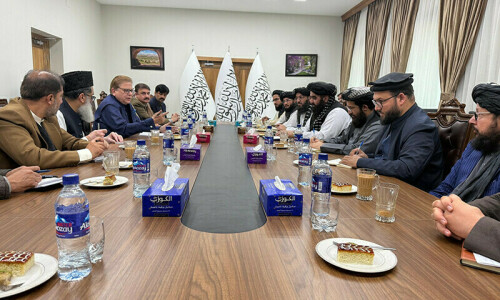IT was the New Year`s Day and the city of Faisalabad, one of Pakistan`s main industrial centres, was on fire. Vehicles were burning, private and public property was being ransacked, a bakery was torched and a political leader`s house was being attacked.
The people doing all this were angry and protesting strongly. They were not angry because of any leader being assassinated. Neither were they protesting against a violent terrorist attack in their city. They were angry and protesting because they were victim of the current energy crisis in Pakistan.
These poor labourers will be the first to lose their jobs when energy - stricken textile mills in the city will be closed. The people were rightly protesting because the current government has not done anything to tackle the worst electricity shortage in the history of Pakistan.
It is not only the city of Faisalabad that is affected by this loadshedding problem. In fact, almost every region of Pakistan is facing the same problem. Also, the effects are not limited to the industrial sector only. From small businesses to a common household, everybody has been affected badly. The government has said that it has inherited this problem from the previous government which had done nothing in terms of increasing the production capacity of energy. In the summer, the minister of water and power sevelopment, Raja Pervez Ashraf, has vowed many times that the electricity crisis will be solved quickly, and by the end of the year there will be an improvement in this situation.
In fact, the situation has aggravated. The current government does not have any excuse that they inherited this problem from the previous government, because eight months is more than enough to show signs of improvement.
The electricity crisis is affecting the macro economy of Pakistan very badly. The government should exploit every means of power generation, from coal to hydro-electricity.
MUHAMMAD ZUBAIR
New York, USA













































Dear visitor, the comments section is undergoing an overhaul and will return soon.